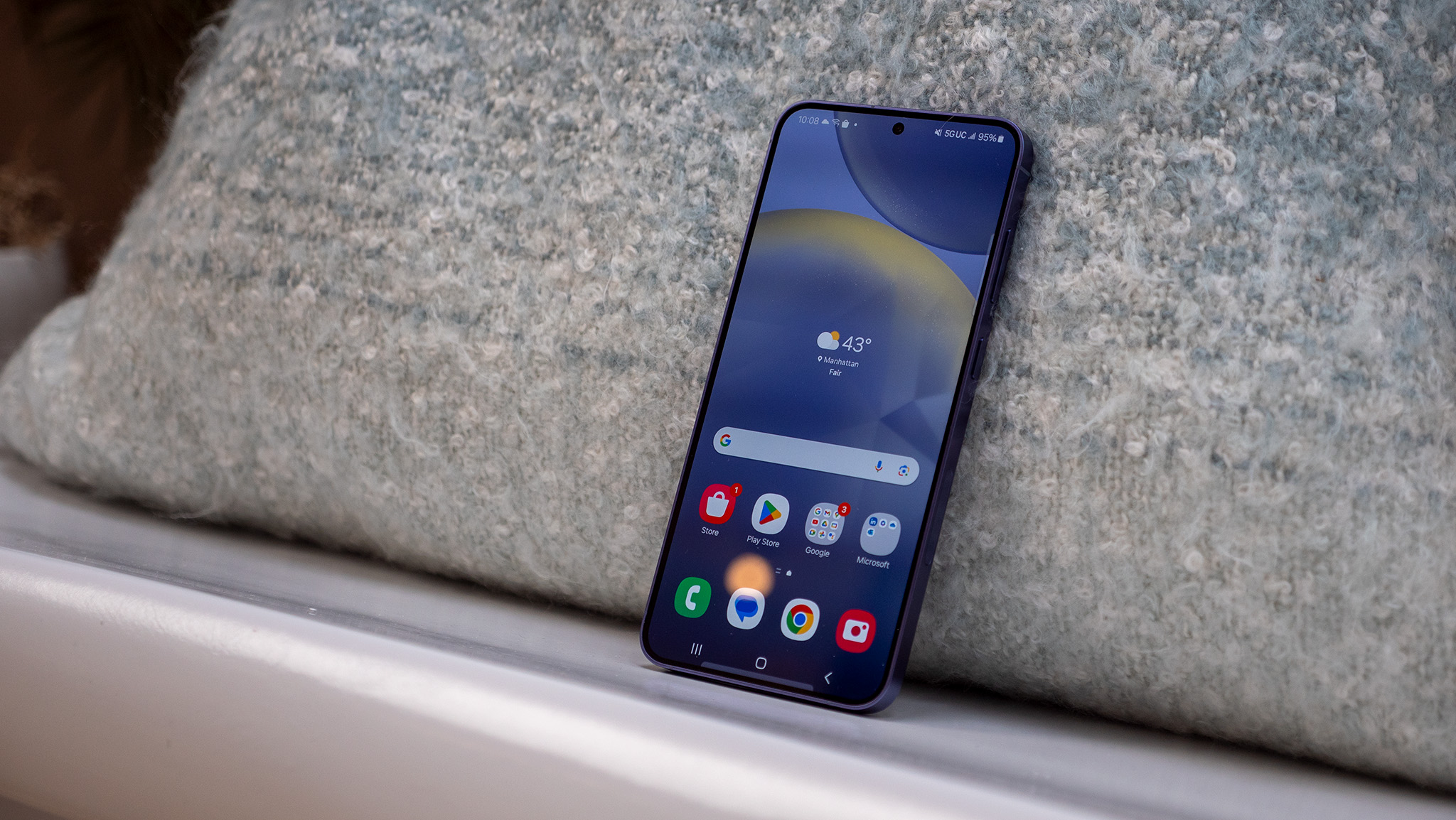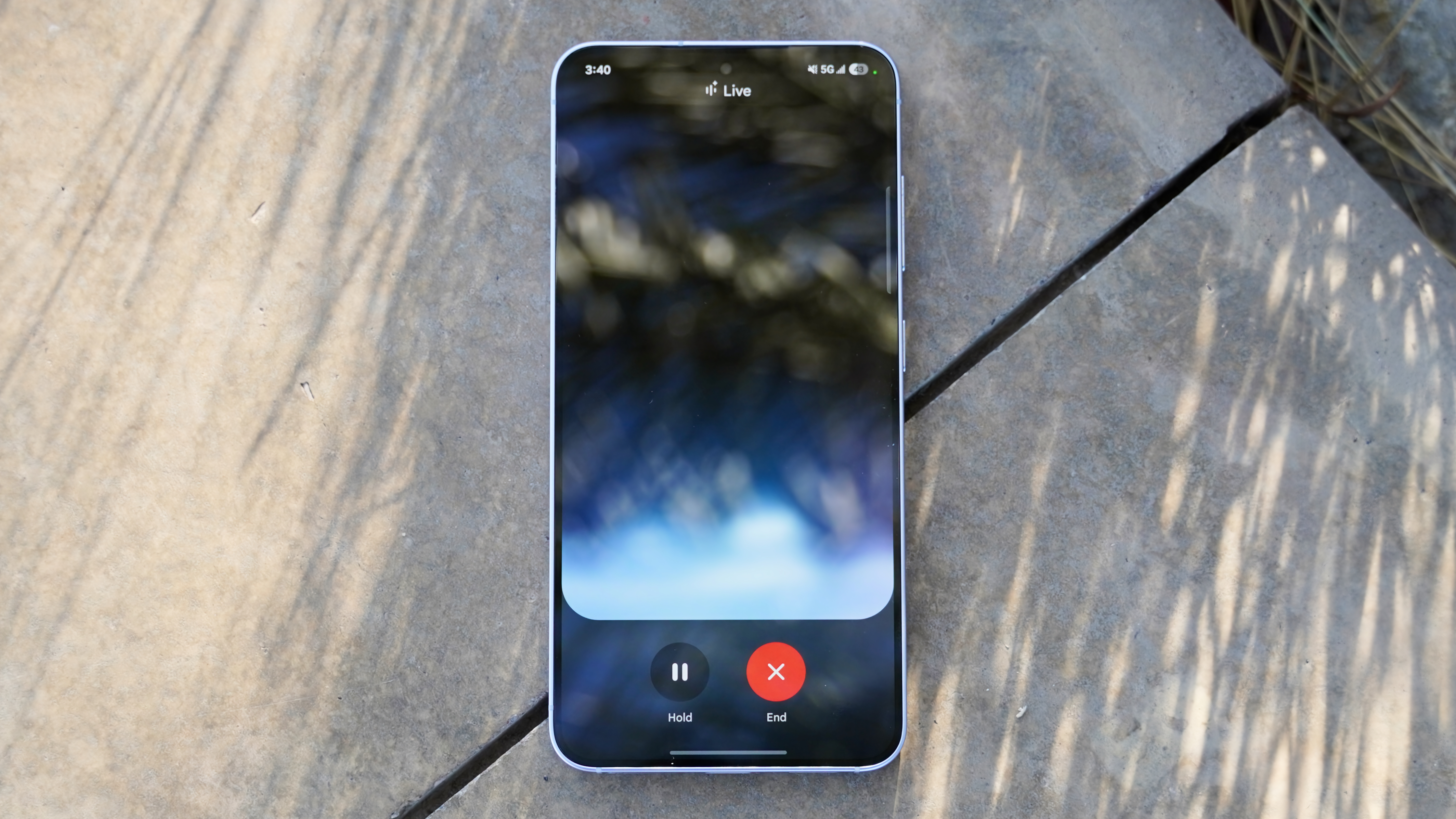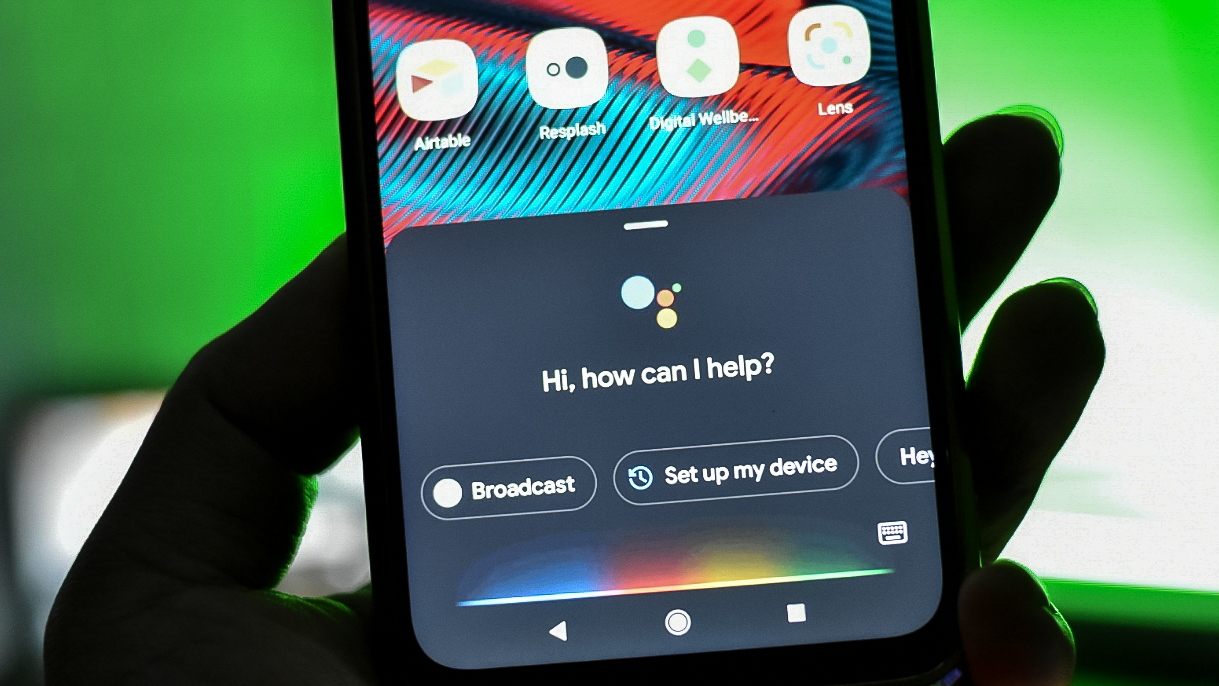What you need to know
- Google admits that the company paid Samsung “enormous sums of money” to preinstall Gemini on its devices.
- Google is currently trying to fend off any allegations of it breaking antitrust laws, however, the company’s practice of paying for installations is in violation of the same law.
- This payment contract is set for two years and provides fixed monthly payments for each device that preinstalls Gemini.
- Google then pays Samsung a percentage of the revenue it earns from advertisements within Gemini.
Google is in the thick of a new federal trial after being accused of breaking antitrust laws in the tech space by the Justice Department. Now, new information has come to light. According to the DOJ (Department of Justice) lawyer David Dahlquist, Google has been paying “enormous sums of money” to Samsung every month since January 2024 (as first reported by Bloomberg).
This amount, though not revealed has is being paid to the Korean OEM in installments for preinstalling Google’s AI app, Gemini, onto its devices. The publication further notes that Google’s VP of platforms and device partnerships, Peter Fitzgerald, confirmed in his testimony that the payment contract is set for two years, with monthly payments going out for each device that preinstalls Gemini
The contract states that Google will pay Samsung a percentage of the revenue Google earns from advertisements within the Gemini app.

This isn’t the first time that Google was found to be paying Samsung to preinstall ap on their devices. The tech giant paid Samsung $8 billion to default Google Play Store, Assistant, and Search between 2020-2023.
Bloomberg states that Judge Amit Mehta, who is overseeing this case, found out last year about the practice of paying companies to set their apps as default on Samsung phones—a clear violation of the antitrust laws.
The DOJ, which built this case against Google, has put forth remedies that will potentially bar Google from paying partners for its search engine to be the default. This could also be stretched to Google’s AI products, including Gemini, which the DOJ has found to also monopolize the market.

In response to these allegations, Fitzgerald stated that other companies like Microsoft, Meta and OpenAI have all approached Samsung with “competitive offers,” to make their AI a default on its devices.
“We took into consideration what was being offered by competitors,” Fitzgerald said. He also stated in court that Google has made amends to the agreement, which will allow Samsung to offer other AI apps within its devices if it chooses to do so. Additionally, Google removed its prerequisite of having Samsung exclusively pre-install Google Search and Assistant.

That said, internal documents that were revealed in the trial state that Google could extend the said contract until 2028, making Gemini an exclusive AI platform on future Galaxy devices. This could lead to other AI companies being left behind and Samsung users favoring Gemini over the rest of the apps, considering it comes preinstalled with their phones, creating an anticompetitive environment.
However, the DOJ also aims to nip this in the bud, has asked Google to separate Chrome from Android, and wants the company to sell Chrome. It also suggested splitting Android from Google Search and Play without forcing a sell-off. If things don’t go in Google’s favor during the trial, it could potentially change the way users interact with Google’s products, as well as how tech companies collaborate.